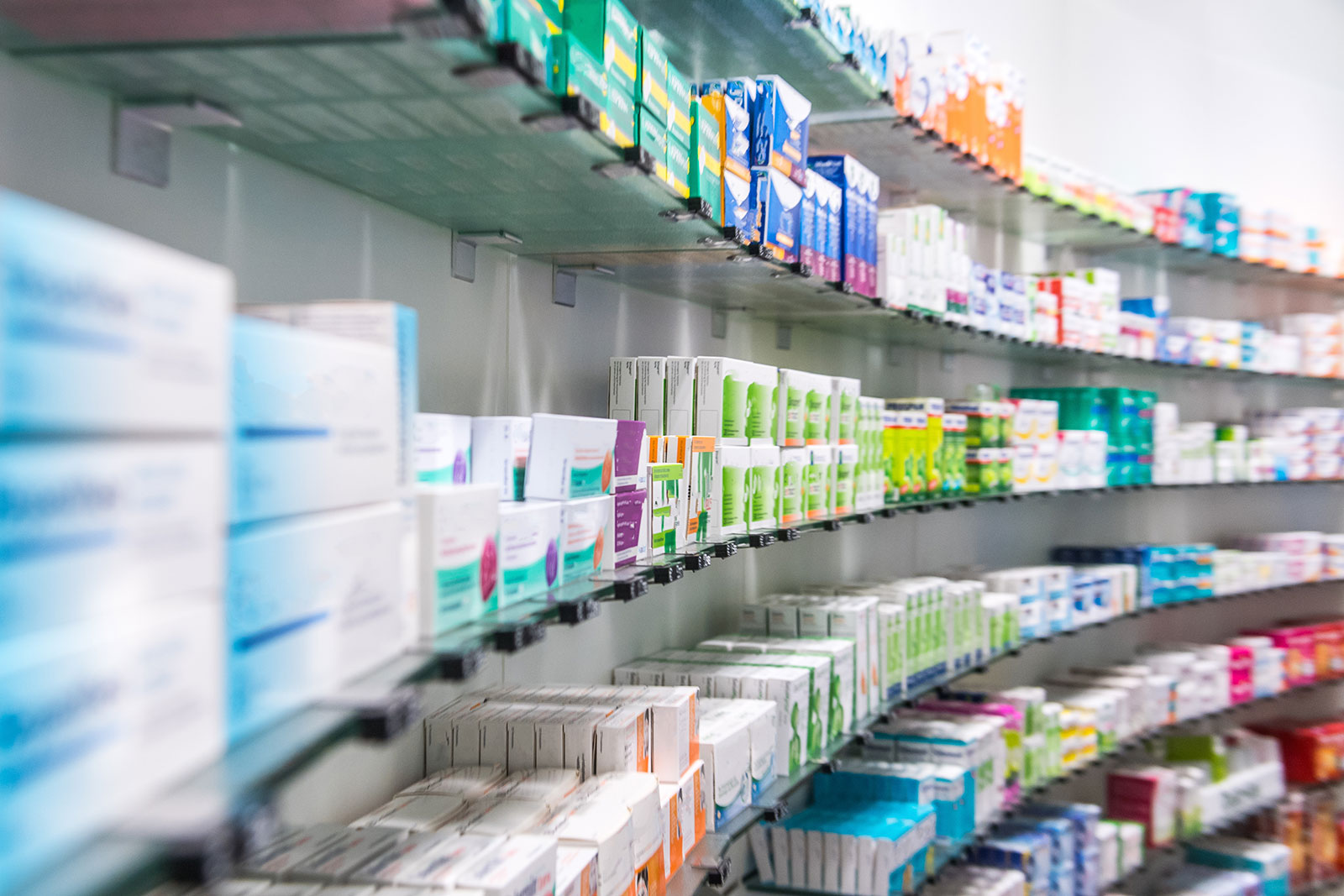Pharmacovigilance: Marketing Authorisation
Pharmacovigilance: Marketing Authorisation
At the time of submission of a marketing authorisation application (MAA), it is expected that the marketing authorisation applicant has ensured and adequately characterised the safety profile of their medicinal product. As a limited number of individuals are exposed to a medicinal product during development, it is important that processes are set up to continue to monitor and report on a medicinal product’s safety and efficacy before or at the time of MA application.
Risk Management Plan (RMP)
A RMP must be submitted for all initial marketing authorisation applications in the EU irrespective of the legal basis. The Harmonisation of RMP Project (HaRP) is an EU initiative to harmonise RMPs for nationally authorised products. MA applicants can refer to the list published by the CMDh to verify if a harmonised RMP already exists for their active substance. In some exceptional cases an exemption may be issued by the national authority following submission of an acceptable justification why an RMP is not required for a particular medicinal product.
A RMP should outline the risk management system required to identify, characterise and minimise a medicinal product’s risks. As the knowledge of a medicinal product’s safety profile increases following MA grant, the RMP will require updating to include new, update or delete risk minimisation measures.
Pharmacovigilance System Master File (PSMF)
A PSMF is a summary of the pharmacovigilance system to be used by the applicant to continue the monitoring of the medicinal product’s safety and every MA applicant in the EU is required to have a PSMF. The information in the PSMF must be compliant with EU regulations and guidelines. It is possible to subcontract pharmacovigilance activities, however it is important that this delegation as well as the delegated tasks are clearly outlined in the PSMF.
Qualified Person Responsible for Pharmacovigilance (QPPV)
An important requirement for the PSMF submitted with an MA application is that it names the QPPV. The QPPV is an individual who is personally responsible for the safety of the medicinal products authorised and marketed in the EU. The QPPV must reside in the EU and be available to the MAH at all times. The roles and responsibilities of the EU QPPV are outlined In the EU Guidance: Module I – Pharmacovigilance systems and their quality systems.
EudraVigilance
udraVigilance is a system for managing and analysing information on suspected adverse reactions to medicinal products which have been authorised or are being studied in clinical trials in the EU/EEA. The system facilitates the electronic exchange of individual case safety reports which enables the early detection of potential safety issues. As part of pharmacovigilance activities, the MA applicant’s organisation needs to be registered in the EudraVigilance database.
Extended EudraVigilance Medicinal Dictionary (XEVMPD)
The Extended EudraVigilance Medicinal Dictionary (XEVMPD) is the EMA's current database for tracking medicinal product data for safety monitoring and tracking. Information such as the PSMF location as well as the EU QPPV for medicinal products must be submitted to the xEVMPD database by MA holders at the time of marketing authorisation grant and this information must be kept up to date throughout the product lifecycle.

Any Questions?
Do you have any questions? We are here to help you!
Let us know how we can lighten your way to your regulatory success!
